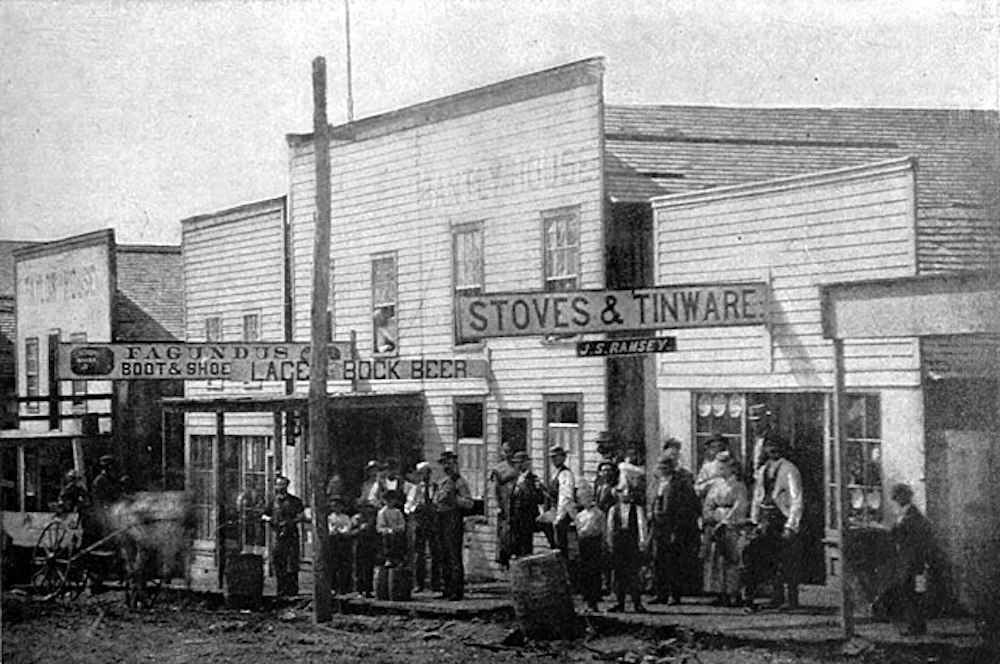
David Rockefeller, the last surviving grandson of Standard Oil founder John D. Rockefeller, embodied an era when globe-trotting banking chiefs worked in tandem with the world’s most powerful leaders. An heir to the Rockefeller family fortune, he served in North Africa and France in military intelligence during World War II. In 1946, he began his banking career as an assistant manager with Chase National Bank. In 1969, Rockefeller assumed the role of CEO and Chairman, but his stature was greater than any corporate title might convey. During the 1970s, his meetings with Anwar el-Sadat of Egypt, Leonid Brezhnev of the Soviet Union, and Zhou Enlai of China, helped Chase Manhattan become the first American bank with operations in those countries. By 1981, when Rockefeller stepped down from Chase, the bank had $76.2 billion in assets, compared to just $4.8 billion when he first joined the firm. In addition, Rockefeller was equally famous for his wide-ranging political connections, meeting with many foreign leaders, being involved with the Council for Foreign Relations, and travelling to more than 100 countries during his time at Chase. A dedicated benefactor, Rockefeller reportedly gave away nearly $2 billion in his lifetime. He also established several international and philanthropic associations. During his life, he was the recipient of such honors as the Presidential Medal of Freedom, U.S. Legion of Merit, and French Legion of Honor.
By all accounts, when Rockefeller entered Harvard in 1932, he had accepted his fate of joining the family business in banking. For him, Harvard offered the best place for a wide-ranging educational experience in preparation for living up to his family's glittery name. One such opportunity occurred during the summer after his freshman year, when Rockefeller studied abroad in Germany. It was 1933, and after he directly witnessed the rise of fascism, he returned with a strong sense that more students should be allowed to study abroad. Back at Harvard, he majored in English, history, and literature. He also worked as an editor on The Harvard Crimson. In 1936, Rockefeller graduated cum laude from Harvard University, earning a Bachelor of Science. He then stayed at Harvard for another year to pursue graduate work with economist Joseph Schumpeter.
At the time of his passing in 2017, Rockefeller’s distinctions included being one of Harvard’s most generous supporters. Over the years, his alma mater was the beneficiary of at least $140 million in gifts from Rockefeller, who donated to several Harvard initiatives and for whom a center for Latin American studies was dedicated. In 2008, Rockefeller made a $100 million gift, then the largest one-time alumni gift in Harvard’s history, to support the renovation of the Harvard Art Museums and bolster aid for students studying abroad. In a statement made shortly after Rockefeller’s death, University President Drew G. Faust hailed Rockefeller as "a visionary leader, an extraordinary philanthropist." Faust added, "His passion for Harvard was infectious, and his commitment to the arts, to experiential learning, and to increasing knowledge of other cultures has made a lasting impact on the university and the thousands of students and scholars who have benefited from his generosity.”
